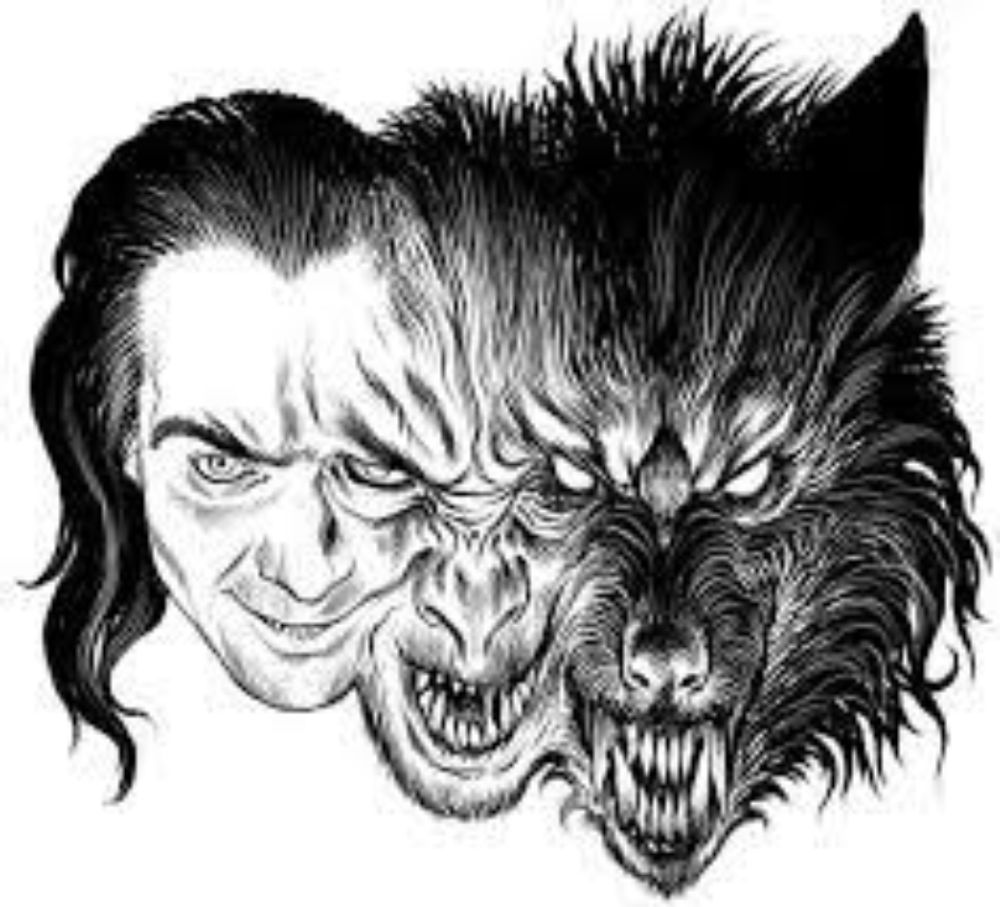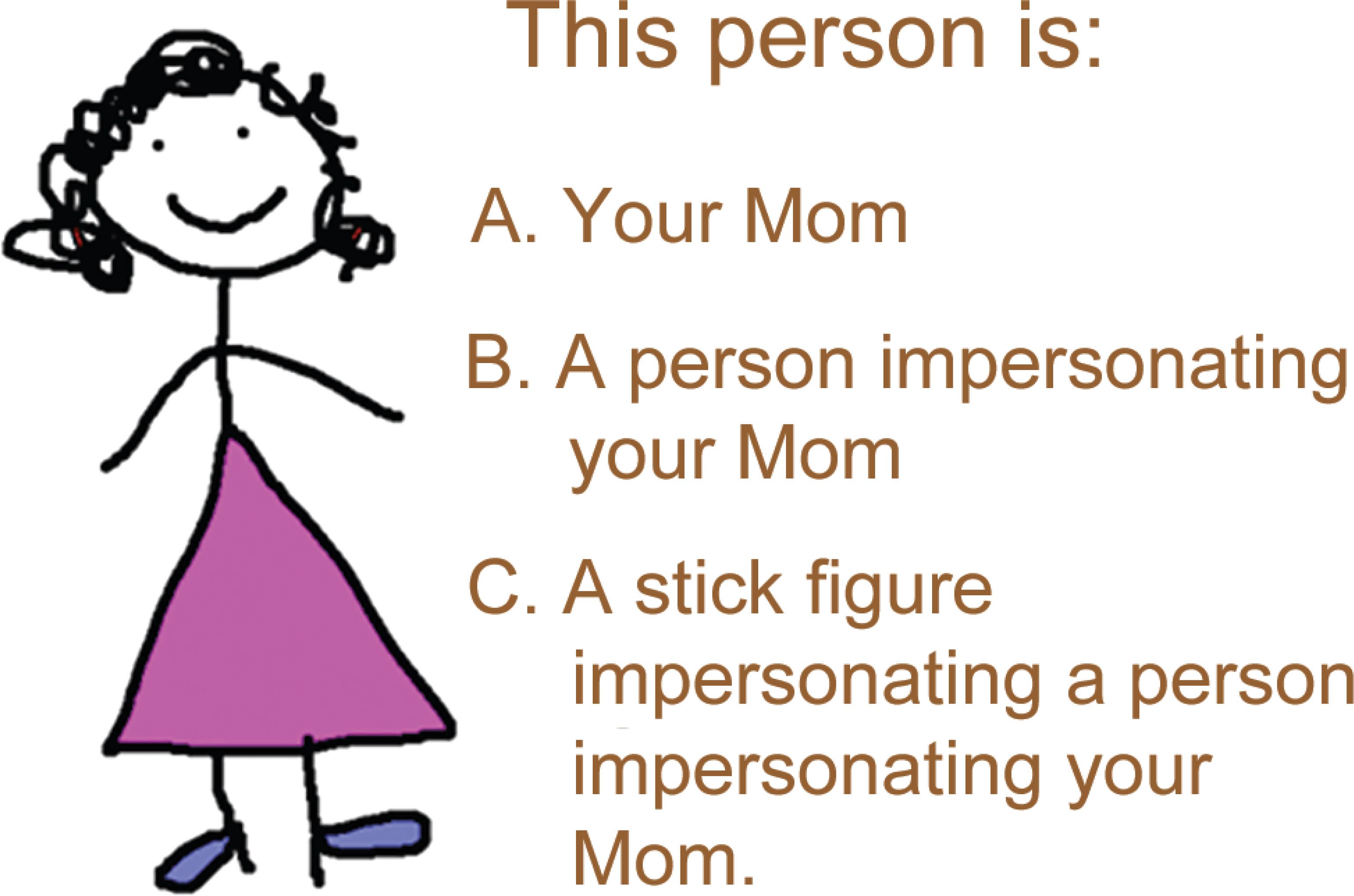

1.Khyâl Cap : Khyâl cap, often known as "wind attacks," is a sickness that affects Cambodians in both the United States and Cambodia. These attacks revolve around khyâl, a wind-like substance that rises in the body and blood, bringing a variety of catastrophic symptoms. They can happen without warning and usually match the criteria for panic attacks. It entails a strong dread that death will result from bodily malfunction. Khyâl cap is an example of a cultural syndrome, or a syndrome that is more common in certain cultural groups, communities, or circumstances.  2. Clinical Lycanthropy : Clinical lycanthropy is characterized by the illusion that the diseased individual can shift into an animal. The syndrome's name derives from the legendary condition of lycanthropy, or shapeshifting into wolves. Clinical lycanthropy patients believe they can assume the form of any animal. Affected individuals may act like animals during this delusion or hallucination. People, for example, may behave like wolves and be found in forests and wooded areas.
2. Clinical Lycanthropy : Clinical lycanthropy is characterized by the illusion that the diseased individual can shift into an animal. The syndrome's name derives from the legendary condition of lycanthropy, or shapeshifting into wolves. Clinical lycanthropy patients believe they can assume the form of any animal. Affected individuals may act like animals during this delusion or hallucination. People, for example, may behave like wolves and be found in forests and wooded areas.  3. Depersonalization/Derealization Disorder : The changed state of depersonalization/derealization disorder is described as disconnection from oneself, one's environment, or both. Patients with this illness believe they are watching themselves from outside their bodies. They may also believe that their surroundings are warped or that time is speeding up or slowing down.
3. Depersonalization/Derealization Disorder : The changed state of depersonalization/derealization disorder is described as disconnection from oneself, one's environment, or both. Patients with this illness believe they are watching themselves from outside their bodies. They may also believe that their surroundings are warped or that time is speeding up or slowing down.4. Apotemnophilia : Apotemnophilia, also known as body integrity identity disorder, is defined by a "overwhelming desire to amputate healthy parts of [the] body." Though little is known about it, this condition is thought to be neurological. Those affected may attempt to amputate their own limbs or harm the limb to the point where surgical amputation is required. Apotemnophilia may be caused by injury to the right parietal lobe of the brain. Once treatment is sought, both cognitive behavioral therapy and aversion therapies can be used to treat apotemnophilia.
 5. Alien Hand Syndrome : The delusion that one's hand has its own existence and does not belong to oneself distinguishes this syndrome. People who have alien hand syndrome experience normal sensations but believe their hand is autonomous. Those suffering from alien hand syndrome may consider the limb to be a separate creature, with the unaffected hand under the individual's control and the diseased hand pursuing its own agenda. This syndrome can occur when the corpus callosum, which links the two cerebral hemispheres of the brain, is damaged. Stroke and parietal lobe injury are two further possibilities. The hands appear to be in "intermanual conflict" or "ideomotor apraxia," which means they act in conflict with one another.
5. Alien Hand Syndrome : The delusion that one's hand has its own existence and does not belong to oneself distinguishes this syndrome. People who have alien hand syndrome experience normal sensations but believe their hand is autonomous. Those suffering from alien hand syndrome may consider the limb to be a separate creature, with the unaffected hand under the individual's control and the diseased hand pursuing its own agenda. This syndrome can occur when the corpus callosum, which links the two cerebral hemispheres of the brain, is damaged. Stroke and parietal lobe injury are two further possibilities. The hands appear to be in "intermanual conflict" or "ideomotor apraxia," which means they act in conflict with one another.6. Capgras Syndrome : This illness is named after French psychiatrist Joseph Capgras, who studied the illusion of doubling. Those suffering with Capgras syndrome believe that someone in their lives, generally a partner, close friend, or family member, has been replaced by an impostor. It can happen in people who have schizophrenia, dementia, or epilepsy, as well as after a catastrophic brain injury. Treatment procedures are similar to those used for the underlying diseases, and antipsychotic drugs are frequently prescribed.

Thanks for reading, hope you learned something! Be sure to like and follow for more interesting content!


